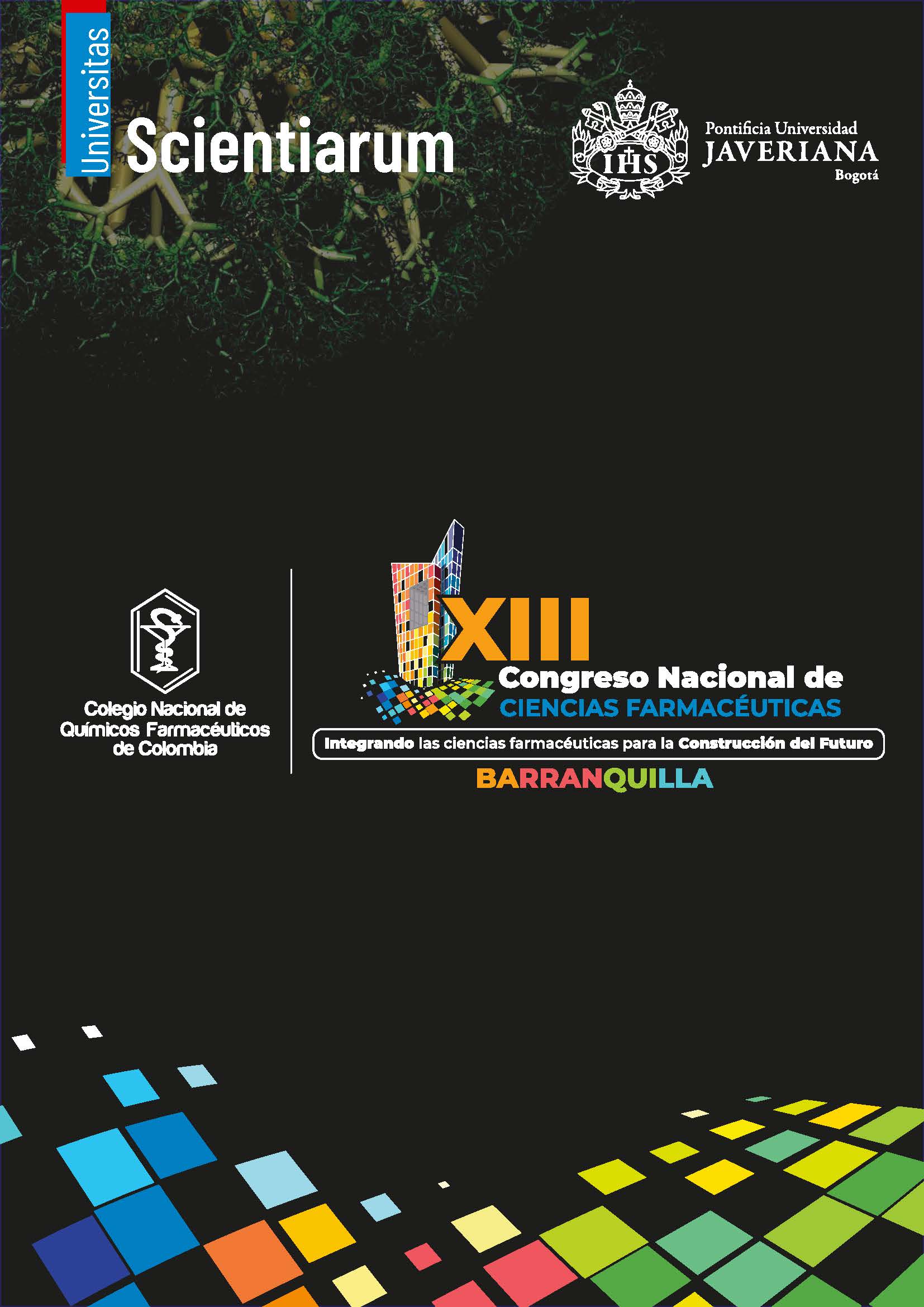Abstract
Healthcare-associated infections (HAIs) are a significant public health issue, increasing costs and mortality. Antimicrobial resistance (AMR) is a global concern exacerbated by indiscriminate antibiotic use, leading to longer hospital stays and higher mortality. Antimicrobial stewardship programs (PROA) promote the optimal use of antibiotics to reduce resistance and improve clinical outcomes. The COVID-19 pandemic led to excessive antibiotic use globally, worsening AMR. This study followed the Plan-Do-Check-Act cycle with four stages: initial diagnosis; standardization of antibiotic prescription and treatment algorithms based on resistance profiles; cultural transformation through education and communication with healthcare teams; and active monitoring and evaluation. The program improved adherence to rational antibiotic use from 74.82 % in 2023 to 91.13 % in 2024 among 1,135 patients. HAIs decreased by 55.74 % compared to the previous year, reaching the lowest rate in six years. Carbapenem-resistant bacterial infections declined significantly. Antibiotic consumption, measured in Defined Daily Dose, decreased alongside increased adherence. Economic analysis revealed cost savings with ceftriaxone and ciprofloxacin, with reductions of 2 406 123 COP and 9 482 696 COP, respectively between 2023 and 2024. The program generated a significant positive economic impact alongside clinical benefits. It effectively reduced HAIs and antimicrobial resistance through interdisciplinary leadership, standardized prescribing protocols, education, active surveillance, and data-driven decision-making. This initiative has positioned the institution as a local reference for antimicrobial stewardship.

This work is licensed under a Creative Commons Attribution-NonCommercial 4.0 International License.


